Jakarta, November 28, 2019 – Initial reports released by Nexus3, Ecoton, and Arnika as IPEN networks revealed a surprising finding for the Indonesian public: the second highest concentration of dioxin [1] in Asia was found in free-range chicken eggs in Tropodo Village. Whereas eggs from the Bangun Village contain PFOS [2] compounds which are equivalent to pollutant concentrations in European industrial areas [3].
The use of plastic waste as fuel for tofu factories in Tropodo Village and open burning in Bangun Village are the final products of the government’s failure to control plastic waste import and mixed paper waste into Indonesia.
in the absence of strict control and regulation in controlling dioxin, mercury, and other hazardous and toxic materials, the problem of these two villages will be extended to 12 cities that plan to build Waste-to-Energy (WTE) plants. The risks and threats to public health and the environment is predicted to be increased sharply.
“The termination of imported plastic waste should be reflected in policy and law enforcement, not just jargon,” said Nur Hidayati, WALHI National Executive. “Waste management in the country must be improved, incineration must be prohibited, and import of waste must be stopped.”
Open burning is often found in all corners of the various cities, including in landfills, which has a direct impact on public health and contribute to the increasing of air pollution.
“In addition to open burning, people will face another potential impacts of dioxin pollution resulting from the incineration, pyrolysis, and gasification to handle municipal solid waste,” said Yuyun Ismawati, Senior Advisor of Nexus3. “Many studies shows the correlation between dioxins pollution and cancer based on experiences in China, Europe and the United States.”
The impact of dioxin pollution from burning thousands of tons of waste in incinerators in 12 cities will be very significant and inevitable.
“Considering the significant risk of dioxins pollution from incinerators in 12 cities, the Indonesian government must cancel plans to build PLTSa (WTE) in 12 cities,” said Fajri Fadhillah, Head of the ICEL Pollution Control Division. “The precautionary principle encourages the government to prevent the impact of environmental pollution.”
“The Indonesian Waste Management Law stated that waste management must be implemented based on sustainable principles, which does not bring negative impacts on public health and the environment,” said Prigi Arisandi, Director of Ecoton.
The findings of dioxin in chicken eggs in Tropodo and Bangun shares a lesson that public must be well informed on the risk of dioxins pollution from burning waste.
Therefore, we demand the government of Indonesia to:
Publish and reveal the feasibility studies and the Environmental Impact Assessment studies (AMDAL) on plans to build incinerators in 12 cities;Publish the results of public health risk analysis especially from dioxins emissions to the public that live within the waste-to-energy location;Immediately operate a laboratory that can analyze dioxins to reduce the cost to analyze dioxins and other persistent organic pollutants, and allow periodic monitoring of POPs;Amend the regulation on the frequency of dioxins monitoring of the waste-to-energy from every five years to a minimum of twice a year in the Ministry of Environment and Forestry Decree No.P.15 year 2019; andCharacterise fly ash and bottom ash from waste-to-energy in 12 cities as hazardous waste according to the existing regulations and must not be disposed of in city landfills.
If the five points above cannot be implemented, then the government must cancel the waste-to-energy plan in the Presidential Decree No. 35/2018 regarding the Acceleration of the Construction of Waste to Energy Facility based on Environment-friendly Technology.
– END –
Contact person:
Fajri Fadhilah, ICEL, fajri@icel.or.id, +62 812-8317-4014
Dwi Sawung, WALHI Nasional, dsawung@gmail.com, +63 999 412 0029
Yuyun Ismawati, Nexus3, yuyun@balifokus.asia, WA +44 75-8376-8707
Download this Press Release Document ( and Bahasa Indonesia)
Notes:
[1] Dioxins, especially Polychlorinated dibenzo-p-dioxins (PCDD) are chemicals that are produced unintentionally as a product of incomplete combustion, from the process of making pesticides and other chlorinated substances. In addition, it is also released to the environment as a result of burning hospital waste, municipal waste, hazardous waste, car emissions, coal, and wood. There are 75 different dioxins, seven of which are considered the most dangerous. Certain dioxins are found in the soil for up to 10-12 years after first exposure. http://chm.pops.int/TheConvention/ThePOPs/AllPOPs/tabid/2509/Default.aspx
[2] PFOS is a certain chemical class that is produced and unintentionally decomposes from compounds produced by humans. PFOS is widely used in electronic products and spare parts, fire-fighting foam, photo printing, hydraulic fluids, and in textiles. PFOS is very persistent in the environment and has bioaccumulation and biomagnification properties, bound in proteins in the blood and liver. PFOS can also travel far from its source and meet the Stockholm Convention’s toxicity criteria. http://chm.pops.int/TheConvention/ThePOPs/AllPOPs/tabid/2509/Default.aspx
[3] Dioxin levels in eggs in Tropodo Village is 200 pg TEQ/g fat and in Bangun Village is 10.8 pg TEQ/g fat, both of which exceed the standard quality standard of dioxin in food by National Agency of Drug and Food Control 2.5 pg TEQ/g fat, Total PCDD/F + DL PCBs in Tropodo Village 560 pg TEQ/g fat and in Bangun Village 21 pg TEQ/g fat, exceeding the standard of 5 pg TEQ/g fat.



















